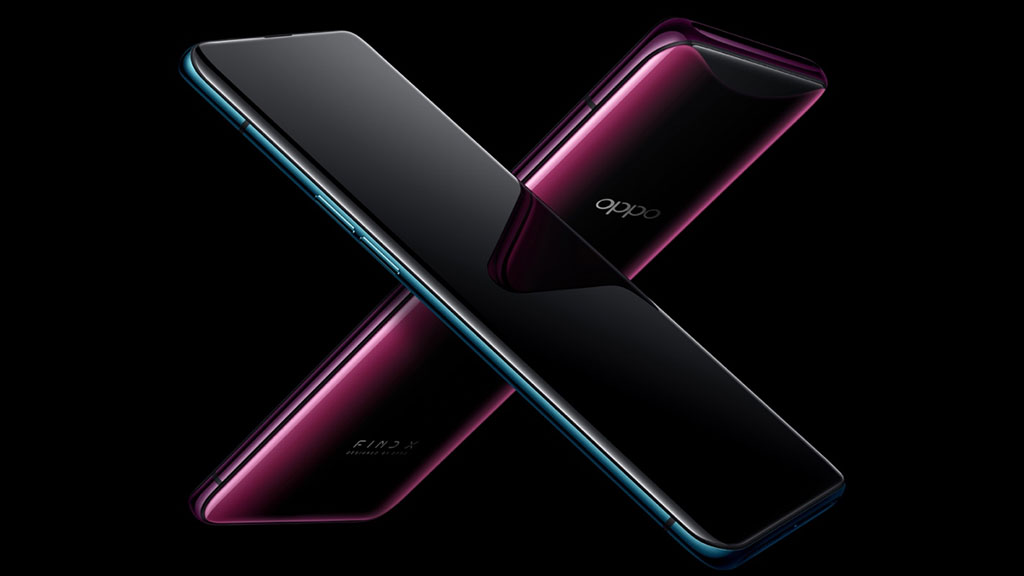Oppo Find X outed for benchmark cheating
Joins Huawei in the naughty corner

Not long after Huawei was caught cheating on graphics benchmark tests with its flagship handsets, Oppo has been found guilty of exactly the same transgression.
According to a post by UL Benchmarks (the company behind 3DMark), Oppo was artificially boosting the performance of two of its handsets – the Find X and F7 – when neither phone detected that the benchmarking app was running.
As a result, UL Benchmarks has delisted the two handsets in question and offered the following brutal warning:
"The Oppo Find X was ranked #4 in our list of the Best Smartphones for 3DMark Sling Shot Extreme performance. It now appears unranked, and without a score, at the bottom of our rankings. 3DMark scores from delisted devices should not be used to compare models."
Sprung
Funnily enough, the pair of handsets were utilizing a similarly sneaky system tweak that Huawei was caught running, which detected the 3DMark app by name when it was open and engaged a hidden performance mode as a result.
When UL Benchmarks compared the results from the public 3DMark test to its private version (which is functionally identical but has a different name), the benchmarking company found the outcome to be significantly different.
"We found that the scores from the public 3DMark app were up to 41% higher than the scores from the private app, even though the tests are identical," UL Benchmarks revealed.
Right of reply
Oppo’s response to UL Benchmarks was to admit that its phones did detect the benchmark in question and boost performance accordingly, and that the handsets would also do the same if they detected games.
Get daily insight, inspiration and deals in your inbox
Sign up for breaking news, reviews, opinion, top tech deals, and more.
And while UL Benchmarks allows "optimizing performance by detecting heavy computation demands", it explicitly disallows the same optimization when detecting the benchmark app by name.
For applications that the Find X and F7 can’t recognize by name, Oppo has stated that the phones will limit system performance to between 70% and 80% unless the user actively taps the app every 5 seconds or so, which will disengage the limit.
Thankfully, Oppo has claimed that it’s looking to improve its optimization methods, promising that the company is "working on upgrading the system" and will "strive to distinguish between the requirements of undetected apps or the subjective needs of users".
